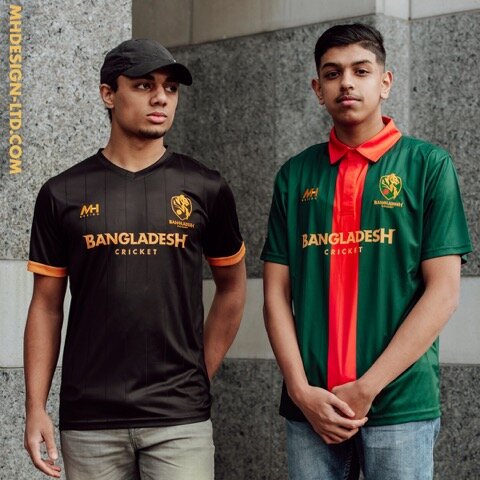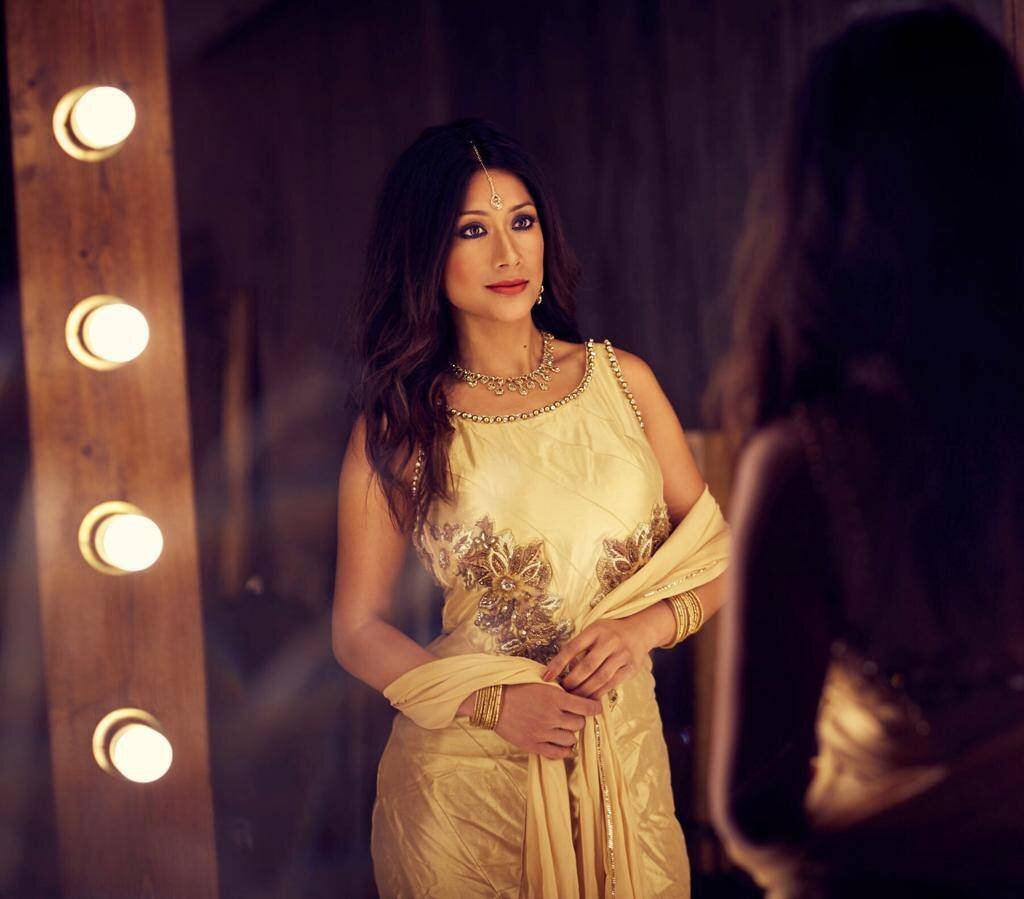
Kee Khobor Stories
Kee Khobor will feature blogs, poems, vlogs and podcasts. The reflections will be shared publicly throughout the year, with our official launch on 26th March 2021.
The various identities of the Bengali community in the UK will be explored and celebrated. We will facilitate an open exchange of ideas and give voice to views, some of which may otherwise not be heard.
The project will leave a legacy that provides stewardship for future generations to not only have pride in their identity but to own it and derive strength from it, and give younger people who may be struggling the confidence and opportunity to belong to something wider.
The reflections will provide an opportunity to look ahead to the future development of the community and not only stay relevant as a community within a changing society but be inspirational to the development of wider British society.

Fusing fashion, sport and culture with the Bangladesh identity at heart
I know a lot of the young generation of British Bangladeshi may feel disconnected to have the same sense of pride or take inspiration from their cultural heritage. Whether we live in the UK or the States, or our families are from Sylhet or Dhaka, I believe we all have this symbiotic cultural connection and understanding. With all this in mind, I wanted to create a brand that would resonate with the Bangladeshi diaspora. It was a personal ambition to create something that was a celebration of Bangladesh but also evoke an emotional and sentimental feeling of pride for our heritage.

The ‘71 Connection
One thing that resonates, is that we all hold our heads high as Tagor saab’s athem resonates from
our inner beings... taking a fist full of our earth in hand, we echo in unison “Amar Shunar Bangla, Ami
Tumay Balobashi...” (My Golden Bengal, How I Love Thee...)!

My Father
My Father has also been very inspiring for me. He was in fact awarded an MBE in 2002 (during the Queen’s birthday Honours) for his outstanding work in patient care. He has always been a benchmark for us and along with my family culture, I have had great role models, to look up to. I feel it is their influence which has helped me in becoming a forward-thinking, proud British Bangladeshi woman.

Remembering 1971: Bangladesh’s Year Of Tragedy And Triumph
Aminul Hoque’s story.
1971 acts as an emotional, cultural and political reminder to both older and younger generations of British-Bangladeshis of a motherland that exists both in memory, but also culturally and physically.

